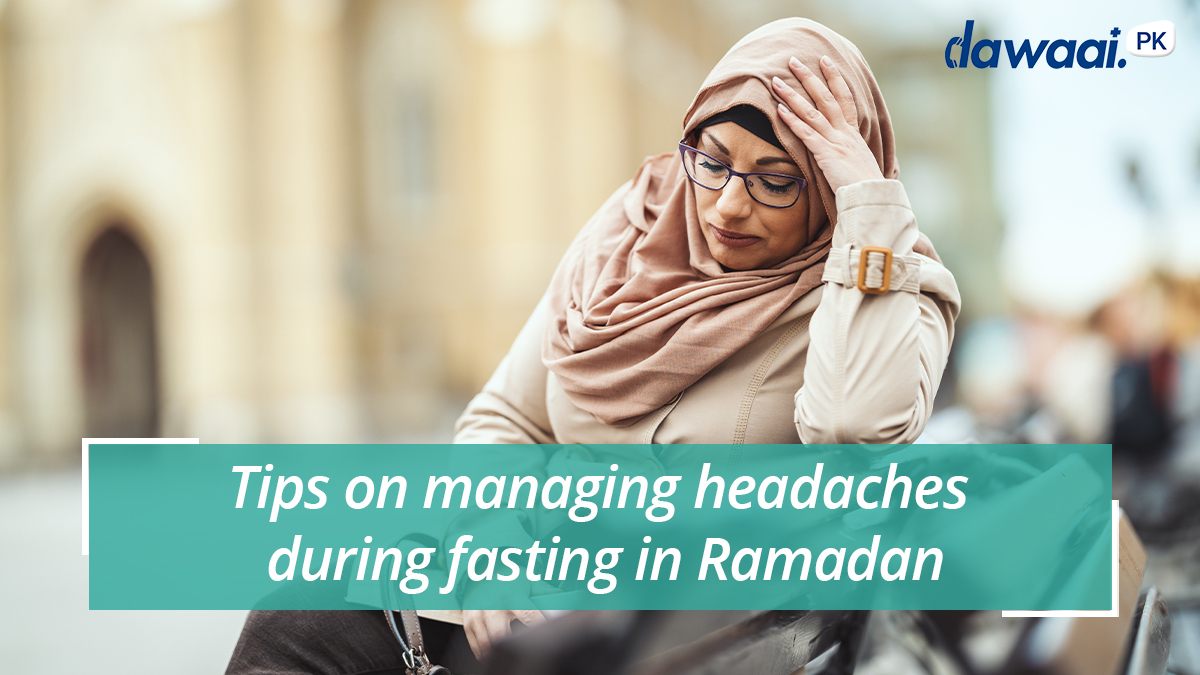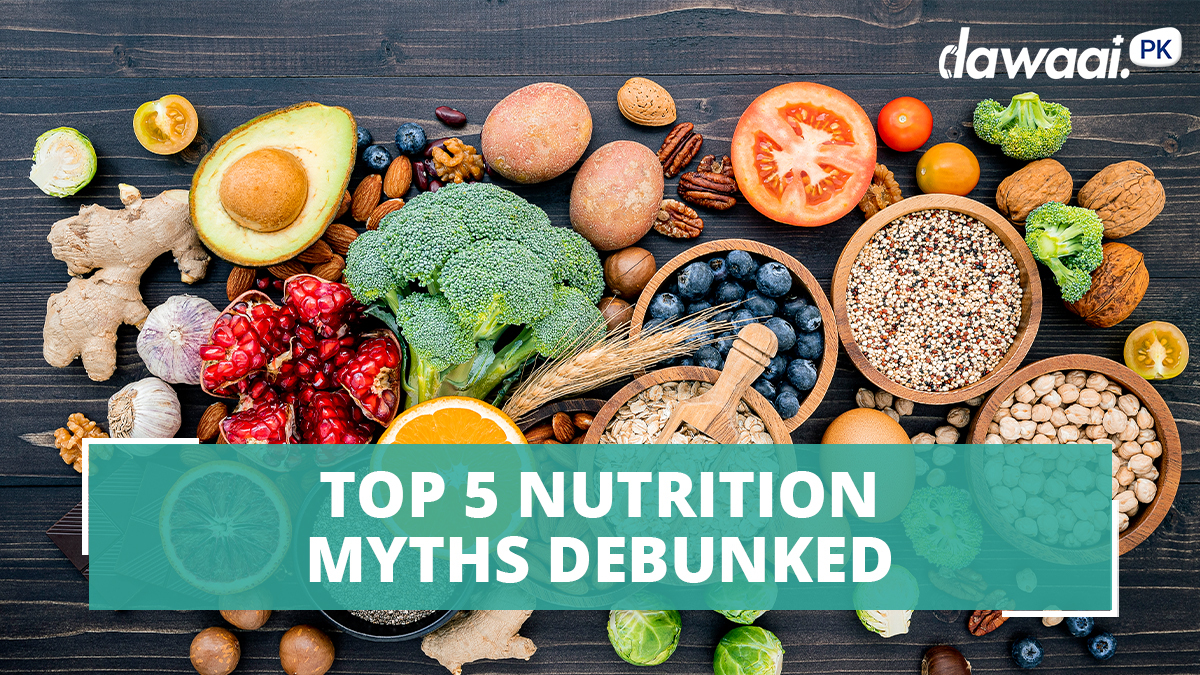Medically Reviewed by Dr. Riaz Ali Shah
The blessed month of Ramazan is here again. Like every year, there is so much to look forward to; the sehris and iftaris, as well as the countless blessings that this month brings with it. But this year, we also have an unwanted guest, it’s the summer heatwave that has everyone in town sweating over!
In this heat, many of us cringe at the very thought of spending long hours in the kitchen, and the idea of cooking up fancy meals doesn’t really have much of an appeal. Instead, I’m sure many of us have considered easy to prepare and/or ready-made foods like deli sandwiches, maybe fried nuggets or sausages/kebabs for Sehr and Iftaar. It’s such a convenient option, isn’t it? But let’s think today, are we doing ourselves more harm than good?
Frozen food facts:
Frozen food items (pepperoni/salami, nuggets, sausages, frozen kebabs etc.) are considered to be very harmful to our health. Research has shown that these products, which are also classified as processed meats contain chemical agents that can directly affect you and your family’s health and well-being.
Wondering how? Keep reading!
- Processed meats have a chemical called ‘’haem’’ that breaks down inside our digestive system into N-nitroso chemicals known to damage the stomach lining cells.
- The nitrate preservatives in these fried items also form N-nitroso chemicals. Regular consumption of these chemicals has been linked with cancers of the stomach and intestines.
- They contain a high sodium content which increases our risk of high blood pressure and cholesterol problems.
Moreover,
- They are devoid of the wholesomeness of fresh food and are not substitutes for fresh meals.
- They have artificial ingredients like preservatives and flavoring agents which have no nutritional value.
How can we stay away from these foods, and what can we have in Ramazan to keep ourselves healthy and our tummies happy?
Here are some healthier alternatives to frozen food:
- Give a few extra minutes to your cooking time and try swapping the pepperoni and sausages out of your pizza and sandwiches to fresh chicken, lettuce, cabbage, mushrooms or capsicum.
- Go for easy recipes in fish and chicken for they take less time than red meat recipes do.
- Make a batch of kebabs at home and freeze them for daily use.
- Add eggs, beans, lentils, and chickpeas to your Ramazan menu for a protein boost.
- Make a big bowl of fruit salad to get your share of minerals and anti-oxidants. A Fiber-rich diet with an adequate fruit and vegetable portion keep you feeling fuller for longer, and give your body the strength you need to keep yourself going.
- A bowl of Porridge/cereal in Sehriis a lighter and healthier option. You can make it even more nutritious with mixing in a handful of chopped nuts, raisins, or fresh fruit.
And of course, with the heat at its peak, we need to keep ourselves well hydrated too! Consider fruit punches and fresh smoothies rather than cold drinks to beat the heat. With ripe and juicy mangoes and peaches here who wouldn’t blend a shake or smoothie? Also, Yogurt is an excellent source of calcium and a desi hack to keep the thirst at bay.
Have a happy and healthy Ramazan! And keep ordering your dawaai from Dawaai.pk to avail exciting discounts!
Guest Post Credit: Dr. Kanwal Ansari (BDS, RDS)




